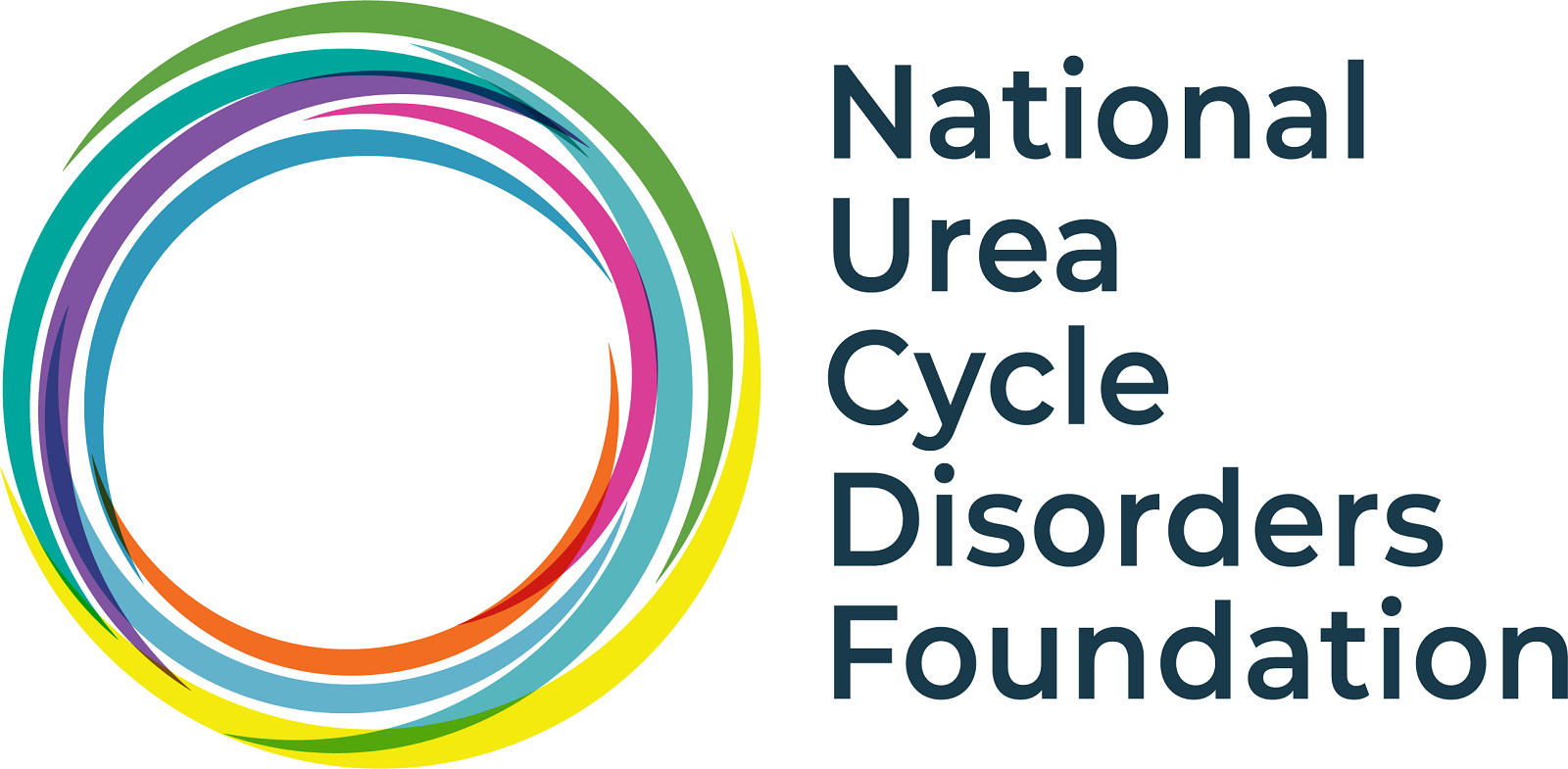By exploiting the technology used in Covid-19 vaccines, a team led by University College London, King’s College London, and Moderna scientists has created an effective therapy for a rare disease in a study in mice, demonstrating the technology’s potential therapeutic use in people. The research, published in the journal Science Translational Medicine, found that messenger RNA (mRNA) could be used to correct the rare liver genetic disease argininosuccinic aciduria (also known as arginosuccinate lyase deficiency or ASLD) in a mouse model of the disease.
Argininosuccinic aciduria is an inherited urea cycle disorder that affects how the body breaks down protein – potentially leading to high levels of ammonia in the blood.
Over the coming years, the team aims to trial the therapy in people. Messenger RNA therapies are also currently being investigated in other rare inherited metabolic diseases – propionic and methylmalonic acidemias – in global clinical trials sponsored by Moderna, including at Great Ormond Street Hospital for Children.
Read more in the press release: https://www.eurekalert.org/news-releases/1030387 and scientific paper: https://www.science.org/doi/10.1126/scitranslmed.adh1334
Citation: Gurung S, Timmermand OV, Perocheau D, Gil-Martinez AL, Minnion M, Touramanidou L, Fang S, Messina M, Khalil Y, Spiewak J, Barber AR, Edwards RS, Pinto PL, Finn PF, Cavedon A, Siddiqui S, Rice L, Martini PGV, Ridout D, Heywood W, Hargreaves I, Heales S, Mills PB, Waddington SN, Gissen P, Eaton S, Ryten M, Feelisch M, Frassetto A, Witney TH, Baruteau J. mRNA therapy corrects defective glutathione metabolism and restores ureagenesis in preclinical argininosuccinic aciduria. Sci Transl Med. 2024 Jan 10;16(729):eadh1334. doi: 10.1126/scitranslmed.adh1334. Epub 2024 Jan 10. PMID: 38198573; PMCID: PMC7615535.
